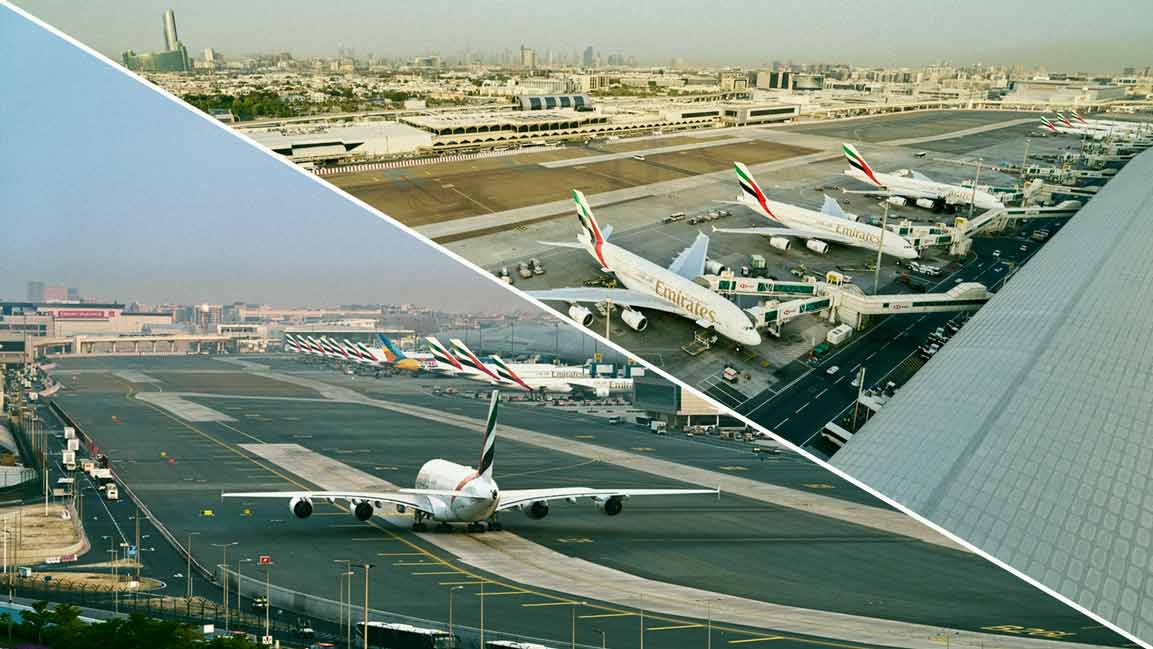- | 1:00 pm
Dubai International Airport sets a new standard with global carbon accreditation
This recognition, positions DXB among the top 5% of airports globally in their efforts to reduce carbon emissions

Recently, Dubai International (DXB) has achieved a milestone in its commitment to sustainability, earning a Level 4 “Transformation” accreditation from the Airports Council International (ACI) Airport Carbon Accreditation (ACA) program. This recognition positions DXB among the top 5% of airports globally in their efforts to reduce carbon emissions.
“Achieving Level 4 ‘Transformation’ accreditation underscores our firm commitment to embedding sustainability at the core of everything we do at Dubai Airports. This recognition highlights our progress in reducing our carbon footprint and reflects the strength of our partnerships in driving broader, systemic change across the aviation ecosystem,” Paul Griffiths, CEO of Dubai Airports, said.
“For us, sustainability is not a checkbox – it’s a long-term strategy that involves collaboration, innovation, and constant improvement. Our responsibility goes beyond our operation; it’s about leading by example and embracing a culture where every stakeholder plays a part in creating a more sustainable future. Together, we are setting a new standard for what is possible in airport operations as we continue to support Dubai’s and the UAE’s leadership in the global effort towards Net Zero by 2050,” he added.
DXB has made significant strides in sustainable aviation through key initiatives and partnerships. A notable example is its collaboration with DNATA and Emirates National Oil Company (ENOC), which transitioned DNATA’s non-electric airside fleet to a biodiesel blend, reducing carbon emissions by over 3,500 tonnes annually.
Additional initiatives include a partnership with Etihad Energy Services to enhance energy efficiency through building and lighting retrofits and solar integration, and a collaboration with BEEAH Group to reduce landfill waste by 60% through an innovative food waste treatment plan. DXB’s adoption of the ‘Follow the Greens’ system has optimized aircraft taxiing, resulting in reduced fuel consumption and emissions.































